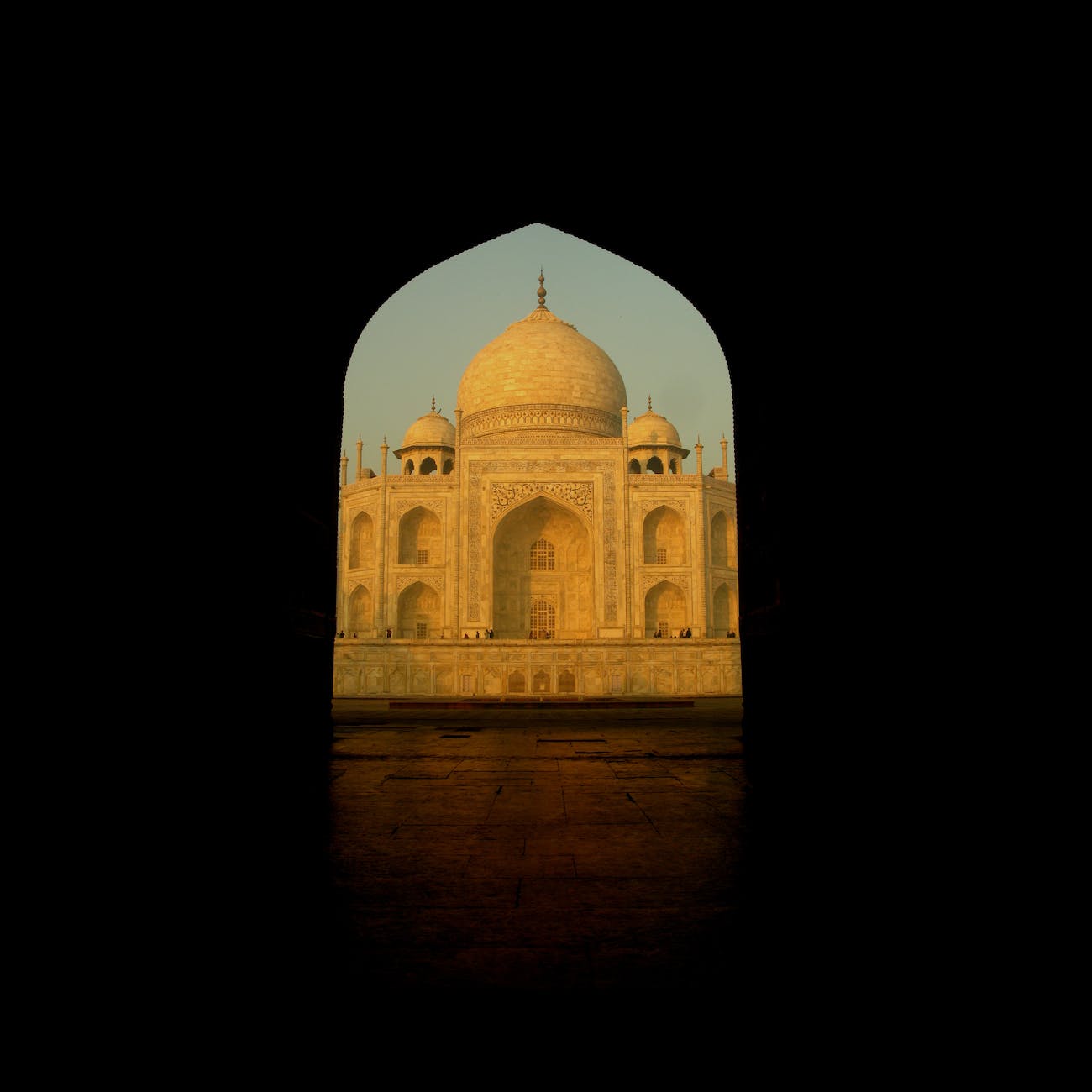Hot on the heels of books being banned in the US, it appears that India are following a similar suit by removing anything related to its Mughal history. The Indian government has removed chapters on the historic empire from school textbooks, citing a need to “streamline” the curriculum. However, many historians and opposition politicians have accused the government of trying to rewrite history to suit its own political agenda.
What is Mughal history and why India has banned it from books
The Mughal Empire was a Muslim empire that ruled over much of India from the 16th to the 19th centuries. The Mughals were a powerful and influential dynasty, and their rule had a profound impact on Indian culture and society.
Right-wing and nationalist groups in India have raised concerns about the glorification of Mughal emperors, arguing that they were foreign invaders who oppressed Hindus and destroyed Hindu temples. They have called for a revision of history textbooks to reflect this perspective.
On the other hand, many historians and scholars have criticised these efforts as an attempt to distort history for political and ideological purposes. They argue that the Mughal period was a significant chapter in India’s history, with its own cultural and artistic achievements, and that any attempt to erase or downplay it would be a disservice to the country’s heritage. Opposition politicians have accused the government of trying to whitewash the Mughals’ history and to promote a Hindu nationalist agenda.
The government has defended its decision, saying that it is simply trying to make the curriculum more manageable for students. However, many observers believe that the decision is part of a larger effort by the government to promote a particular view of Indian history.
What it means to history students?
From a personal perspective, as part of the School of Oriental and African Studies’ alumni, I was fortunate enough to study the Delhi Sultanate with the late great Professor Sunil Kumar (1956-2021). The renowned historian had written the prominent book ‘The Emergence of the Delhi Sultanate, 1192-1286’ and had taught in the history department between 2008 and 2010.
In an obituary by SOAS Professor Ulrich Pagel, he wrote: “Sunil’s pioneering work on the the Delhi Sultanate revolutionised existing historical perceptions of India’s ‘Muslim’ past, moving beyond a focus on state power to bring to life a rich and vibrant understanding of socio-political relations of this period […] he offered a fresh look on the creation of new societies, religious communities, and institutions in a new land, changing the way we conceive this formative period in the history of the subcontinent – and its implication to our days.” I spoke to him at length about my fascination on the Mughal’s incredible influence on India. He was kind enough to share his thoughts about the importance of understanding this mixed history.

Best books to learn about India’s Mughal history:
As a result, here are some of the best nonfiction books to learn about Mughal history in India:
- The Mughal Empire by John Richards. The book is a comprehensive study of one of India’s most influential dynasties, covering politics, culture, and society.
- The Last Mughal: The Fall of a Dynasty, Delhi, 1857 by William Dalrymple. This book focuses on the events leading up to the Indian Rebellion of 1857. It also includes details about the last Mughal Emperor, Bahadur Shah Zafar.
- Akbar: The Great Mughal by Ira Mukhoty. This book delves into the life and reign of one of the most renowned Mughal Emperors, Akbar.
- Taj Mahal: Passion and Genius at the Heart of the Moghul Empire by Diana and Michael Preston. This book explores the history and cultural significance of the Taj Mahal. It is considered one of the most iconic structures built during the Mughal Empire.
- Aurangzeb: The Life and Legacy of India’s Most Controversial King by Audrey Truschke. Truschke provides a balanced and objective account of the sixth Mughal emperor Aurangzeb’s life and reign. It was marked by both conquest and religious persecution.
- The Emperor Jahangir: Power and Kingship in Mughal India by Lisa Balabanlilar. Balabanlilar provides a nuanced and sympathetic portrait of the fourth Mughal Emperor Jahangir. The emperor is often portrayed as a cruel and tyrannical ruler.
- The Emergence of the Delhi Sultanate, 1192-1286 by Sunil Kumar. The Delhi University professor provides a detailed account of the political and cultural developments that took place in the current capital during this period. It explores the emergence of the Sultanate and its impact on Indian history.
In conclusion, banning books is a form of censorship that can have significant negative consequences for society. Once we start changing history, where do we draw the line? It violates the fundamental right of freedom of expression. Hence check out the list of banned books from the US, and keep up to date on this vital subject. Recently, we saw acclaimed historian Nandini Das, author of Courting India: England, Mughal India and the Origins of Empire at HistFest 2023.
Check out These Bodies of Water author Sabrina Mahfouz’s take on accurate history.
[…] 2023 returned to discuss topical issues including the war in Ukraine and the Mughal Empire amid controversy over whitewashing history in India. This dynamic festival celebrates the brightest and the best in […]
[…] Read: India joins US as Mughal history banned from books […]
[…] Read: India joins US as Mughal history banned from books […]